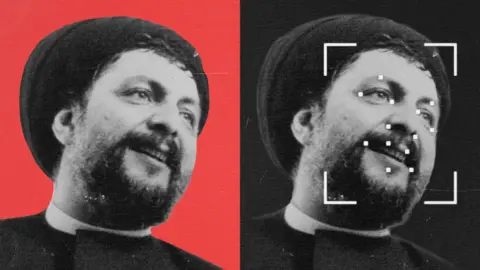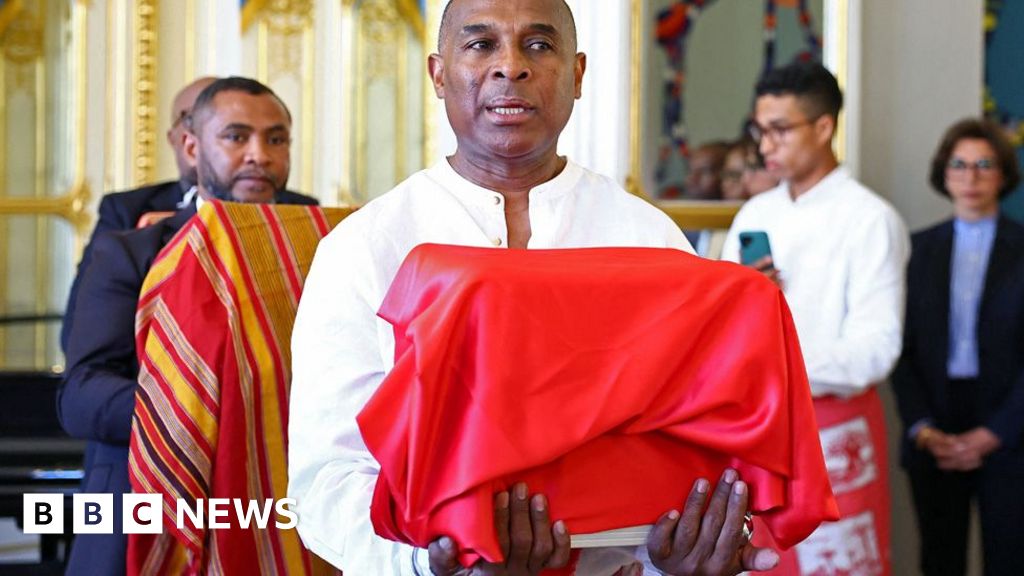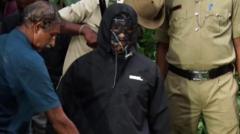The mayor of Teuchitlán, José Asunción Murguía Santiago, has found himself at the center of a major scandal after being accused of colluding with the notorious Jalisco New Generation Cartel (CJNG). The accusation stems from allegations that the ranch in Teuchitlán was utilized as a recruitment and training facility for cartel members, as uncovered during an investigation initiated in March.
During a hearing, prosecutors charged Murguía Santiago with serious offenses, including organized crime and forced disappearance of individuals. Despite the gravity of the accusations, the local government is yet to comment on the allegations, which have reignited discussions on the intersection of organized crime and local governance in Mexico.
The ranch, located near Guadalajara, has become infamous following reports from volunteer search teams who discovered discarded shoes, clothing, and what were believed to be human bone fragments in its vicinity. While these volunteers claimed that the site was involved in potential human cremations, officials assert that there is currently no evidence to support these assertions. Attorney General Alejandro Gertz emphasized that terms like "extermination camp" do not hold water, despite contradicting reports from grassroots activists who insist that charred human remains were identified at the site.
This incident plays into a broader narrative concerning the relationship between Mexican authorities and powerful drug cartels. As calls for investigations into cartel activity grow, the Mexican government faces scrutiny regarding the effectiveness of its anti-crime measures. The developments take on additional significance in light of international responses, particularly with President Trump's proposals to intensify military action against cartels, which Mexico's government has rejected.
As the legal proceedings against Murguía Santiago unfold, many view this case as pivotal in assessing Mexico's administrative accountability and its struggle to dismantle entrenched networks of corruption and violence. The implications extend beyond local governance and into concerns about public safety and trust in institutions across the nation.



















